#Emissions
Gas War: Appeals Court Upholds EPA Approval of California Emissions Rules
On Tuesday, a U.S. appeals court agreed to uphold the Environmental Protection Agency's decision to re-grant a waiver that allows California the ability to set its own tailpipe emissions limits and electric vehicle mandates.
Opinion: Politicians Are Lying About Biden's EPA Rule
The Biden Administration dropped a new rule limiting tailpipe emissions from passenger vehicles yesterday, and you know what that means.
Yes, it's lying season!
Gas War: California Brings Stellantis to Heel
Stellantis has agreed to adhere to California emission policies, including requirements to make two-thirds of new cars to zero-emission or electric by 2030. This means the automaker — which oversees Dodge, Chrysler, Jeep, Ram, Fiat, Maserati, Alfa Romeo, and several brands that are not sold in the United States — will be required to cut emissions through the 2026 model year and adhere to California’s requirement to have a majority electrified fleet within the next several years. There are also provisions for the company to spend millions of dollars on charging stations and community outreach programs designed to encourage EV sales.
Driving Dystopia: Pickup Sales Are Probably Going to Decline in the UK
A British friend of mine recently asked my opinion on several vehicle models, saying he was browsing company cars. What I assumed would be a quick chat quickly devolved into my being educated on British tax codes, especially the benefit-in-kind (BIK) taxes applied to any items of value provided to employees. While familiar with the concept, I was not ready to traverse the graphs and tables required to determine how much you’re on the hook for depending upon what type of vehicle you’ve chosen.
Driving Dystopia: Europe’s Low Emission Zones Aren't Going Over Well
With New York City having decided to embrace European-style congestion charging as local residents express their displeasure, it might be wise to take time to look at other roadway initiatives that might soon migrate across the Atlantic to see how they’re fairing. Ultra Low Emission Zones (ULEZ) seem to be the next step, as they’re reliant on the same camera systems and vehicle tracking used for congestion taxes. However, they’re also following a similar trajectory as Britain's speed cameras in Europe. Disgruntled citizens have not only continued destroying the devices, they’re reportedly picking up the pace.
BMW Accused of Emissions Cheating, Does Anyone Really Care?
Regulators in Germany have opened an investigation into alleged diesel exhaust rule circumvention on the part of BMW. Claims have been made that the automaker used an illegal defeat device on select models to achieve lower tailpipe emissions during testing. It’s a situation reminiscent of the Volkswagen Dieselgate scandal from 2015. However, government regulators have been on the offensive ever since — roping in loads of manufacturers and leaving a subset of the public wondering whether modern emission laws are even tenable.
Cummins Agrees to Pay $1.6 Billion in U.S. Emissions Fines
The United States Department of Justice has accused Cummins of installing emissions defeating devices on diesel motors and decided to fine the company $1.67 billion for violating the Clean Air Act. Cummins has agreed to pay the fine in principle, which Attorney General Merrick Garland said would resolve any allegations that the "company unlawfully altered hundreds of thousands of engines” to circumvent emissions regulations.
Report: Stellantis Discusses Engine Plans
With Stellantis vowing to launch a slew of all-electric and hybrid vehicles by 2030, many are wondering how this will impact the lineup in North America. The company has repeatedly alluded to eliminating the HEMI V8 in favor of the more-European Hurricane 3.0-liter straight-six. While this is clearly being done to comply with emissions regulations without having to sacrifice power, plenty have bemoaned the company’s decision to abandon V8 powertrains whilst pivoting toward electrification.
But Micky Bly, senior vice president and head of global propulsion systems for Stellantis, recently assured the public that the company doesn’t intend on dumping combustion engines overnight. It’s even going to keep a few of Chrysler’s oldest units around — just with some improvements designed to meet the relevant emissions standards.
Gas War: U.S. House Suggests Ending California Emissions Authority, White House Says Nope
On Tuesday, the White House voiced its opposition to a Republican bill scheduled to be voted on by the U.S. House of Representatives that would prevent California from receiving federal waivers to set standards limiting the sale of gasoline-driven automobiles.
Auto Lobby Says EPA Targets Aren’t Achievable
The Alliance for Automotive Innovation (AAI) is reportedly prepared to tell the Environmental Protection Agency (EPA) that its proposal to significantly reduce vehicle emissions through the 2032 model year is wildly unrealistic. The lobbying group believes that the government’s proposed targets are “neither reasonable nor achievable in the timeframe provided."
An internal memo was released on Wednesday, stating that the regulations introduced by the U.S. government earlier this year were so stringent that they were "a de facto battery-electric vehicle mandate.”
Toyota Partners With Exxon to Test Low-Carbon Fuels
Toyota Motor Corp has announced it will be partnering with Exxon to develop a low-carbon fuel that can be used in gasoline engines. Considering that governments around the world are introducing stringent carbon emission standards, this seems like a worthwhile endeavor. However, Toyota also likes to throw spaghetti at the wall to see what sticks, and previous attempts to deliver on similar concepts have fallen flat.
Biden Admin Set to Propose Tougher Emission Rules, Boost EV Sales
Word on the street is that the Biden administration is about to propose some of the toughest emission rules the United States has ever seen in a bid to spur electric vehicle adoption. As things currently stand, the U.S. is assumed to be the very last developed nation to fully embrace EVs. But the White House seems to think the premise can be combated via a stringent regulatory framework.
Of course, the government and supportive media outlets are trying to drive home the point that these are not the same as the vehicle mandates being pushed in other countries (and some states like California) that would legally require people to buy electric in the coming years — even if the end result is functionally the same.
Is London’s Contentious Ultra Low Emissions Zone a Sign of Things to Come?
The mayor of London, Sadiq Khan, has been under fire for pushing ahead with the Ultra Low Emission Zone (ULEZ) expansion poised to encompass the entire city and its surrounding suburbs. Critics have said the decision will effectively force poorer residents to buy brand-new automobiles capable of passing modern emission standards or confront daily congestion charges as they attempt to motor around town.
California Officially Bans Pre-2010 Diesel Trucks, Buses
In 2008, the California Air Resources Board (CARB) approved legislation designed to curtail emissions from older trucks and buses operating within the state. Known as the “Heavy Duty Vehicle Greenhouse Gas Emission Reduction” measure, the law originally called for long-haul truckers to install specialized tires and aerodynamic devices on their trailers that improved fuel economy. However, it’s gone through numerous updates over the years, eventually making it illegal to even operate certain vehicles equipped with the wrong kinds of engines. The latest update bans any truck with a gross vehicle weight rating (GVWR) over 14,000 pounds using an engine manufactured before 2010.
Gas War: Europe Reaches Agreement On 2035 Combustion Ban
The Czech Republic, which currently holds the European Union presidency, has announced that negotiators from member states, the European Parliament, and the European Commission have finally come together to agree upon the often-mentioned combustion ban. By 2035, every automaker operating within the continent will be required to cut emissions by 100 percent – effectively mandating what type of vehicles can be sold there.



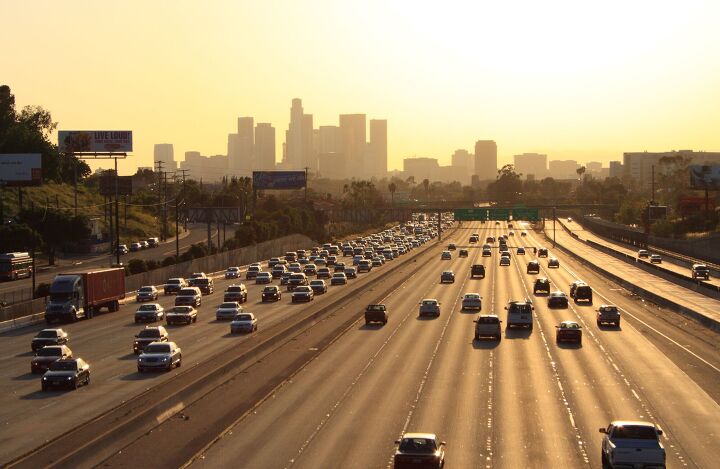
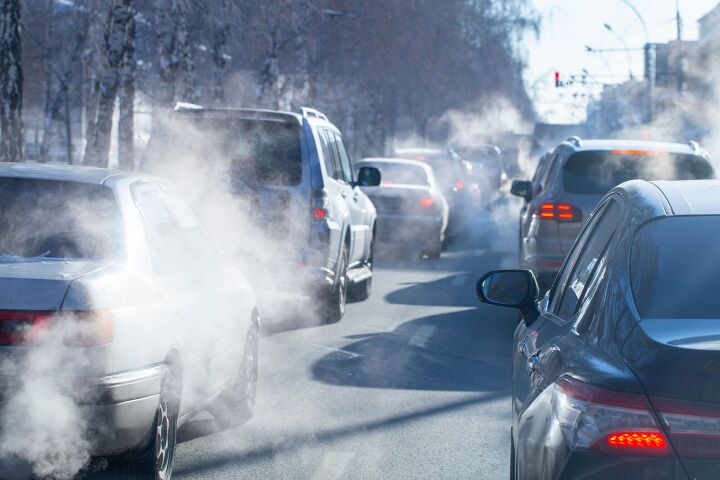
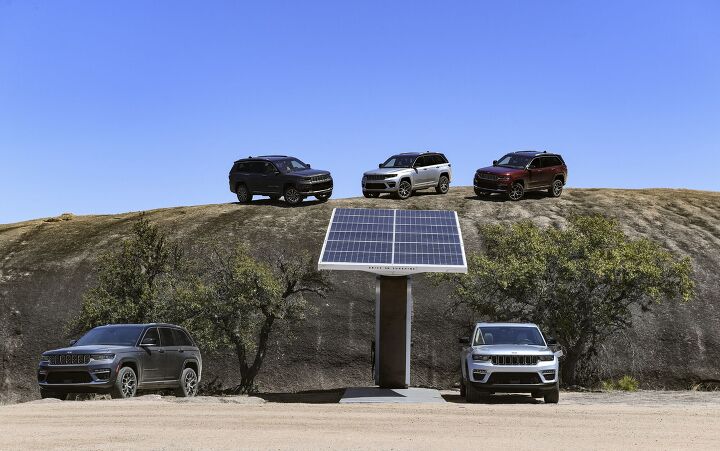
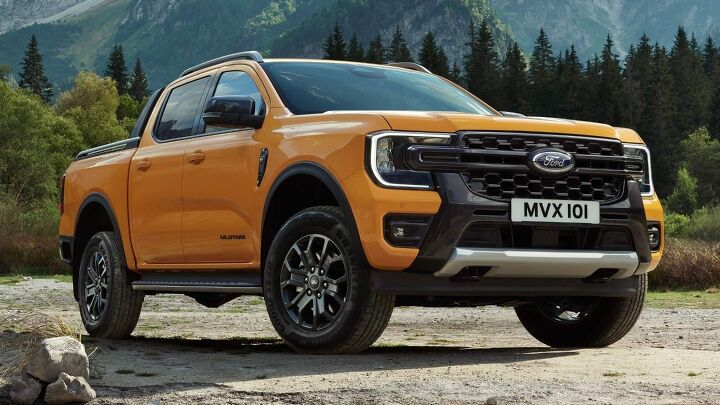
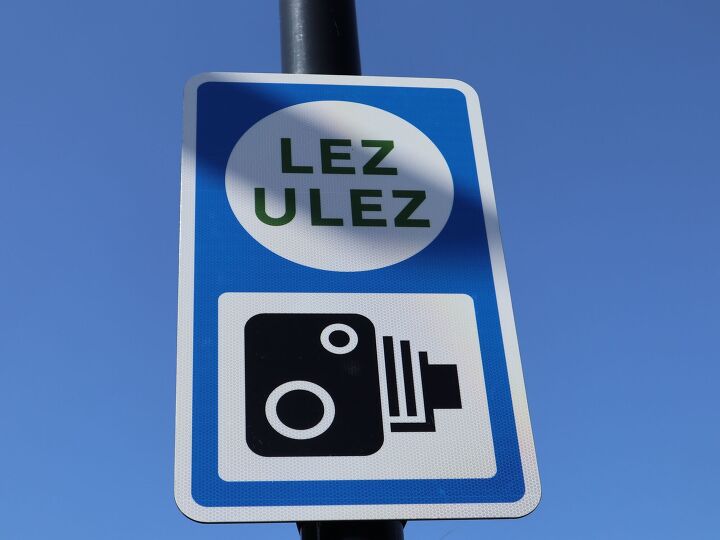
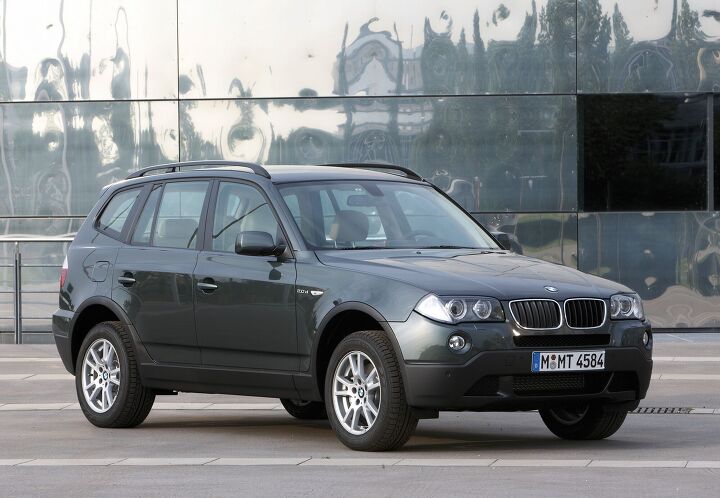
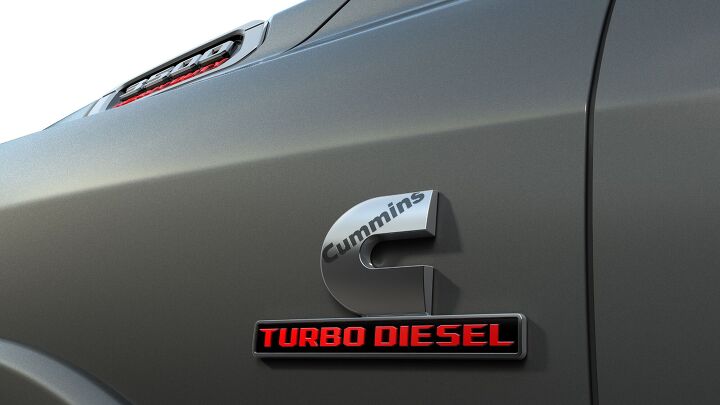
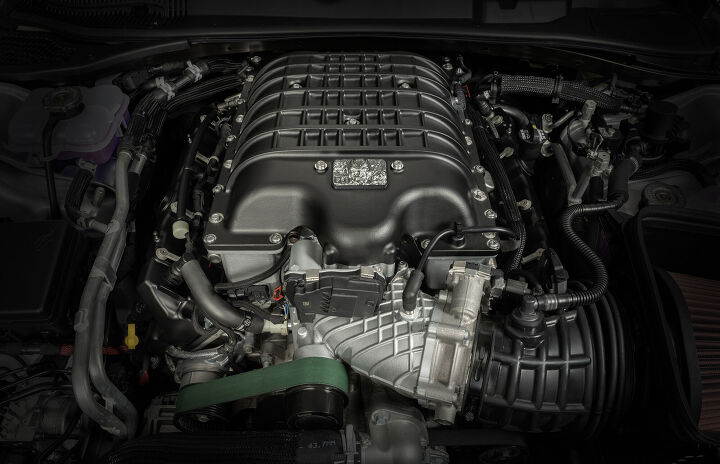
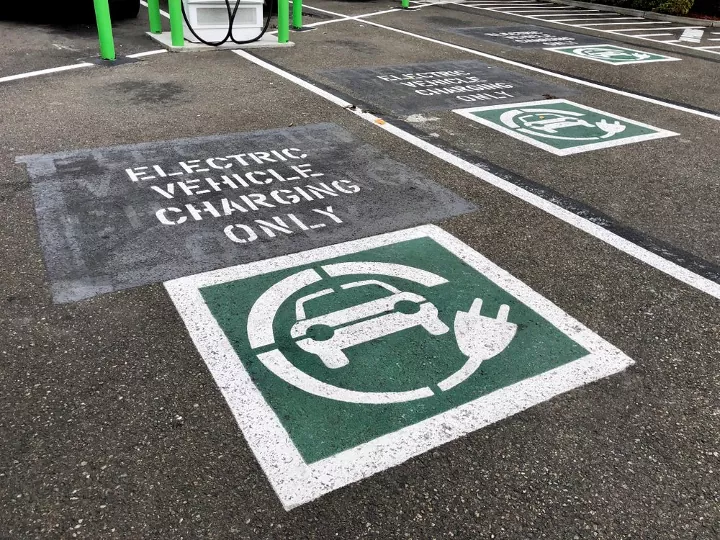
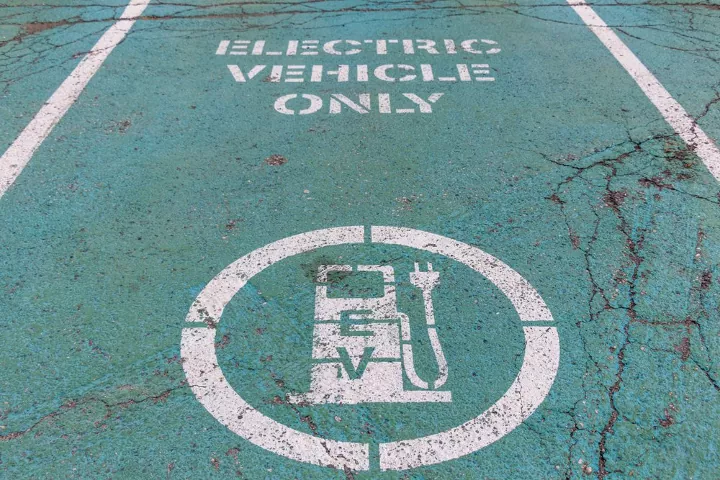
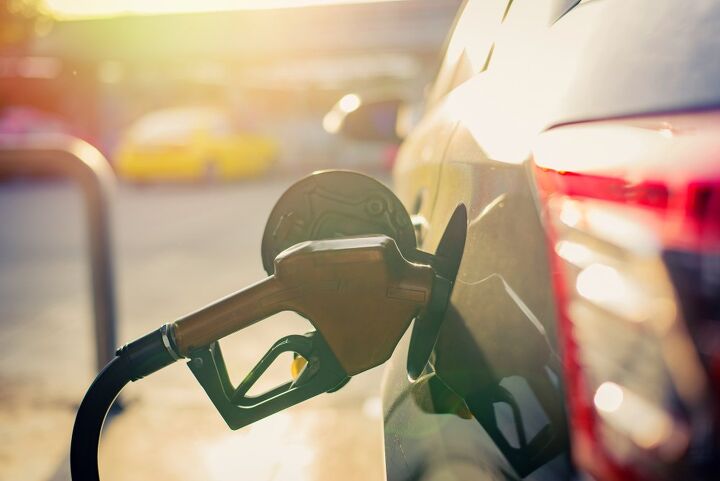


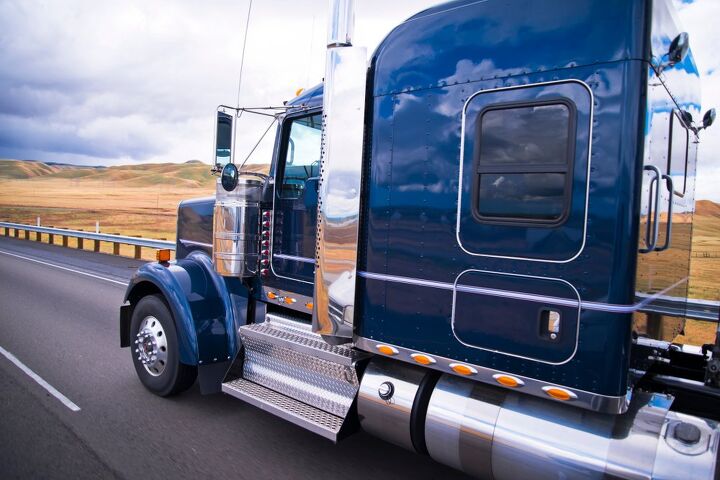
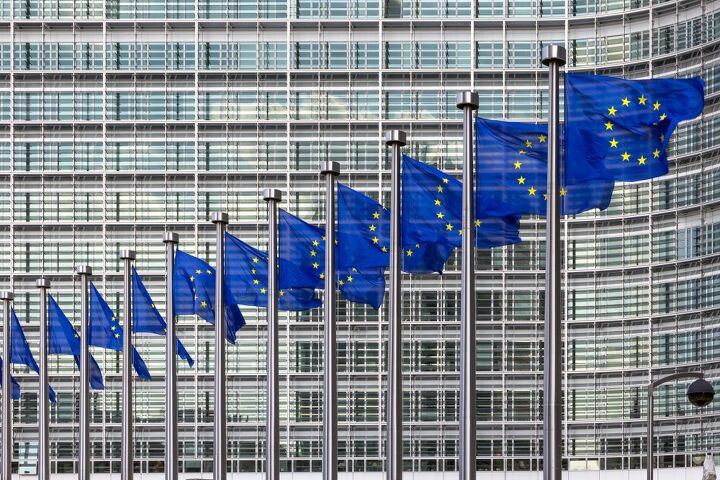












Recent Comments